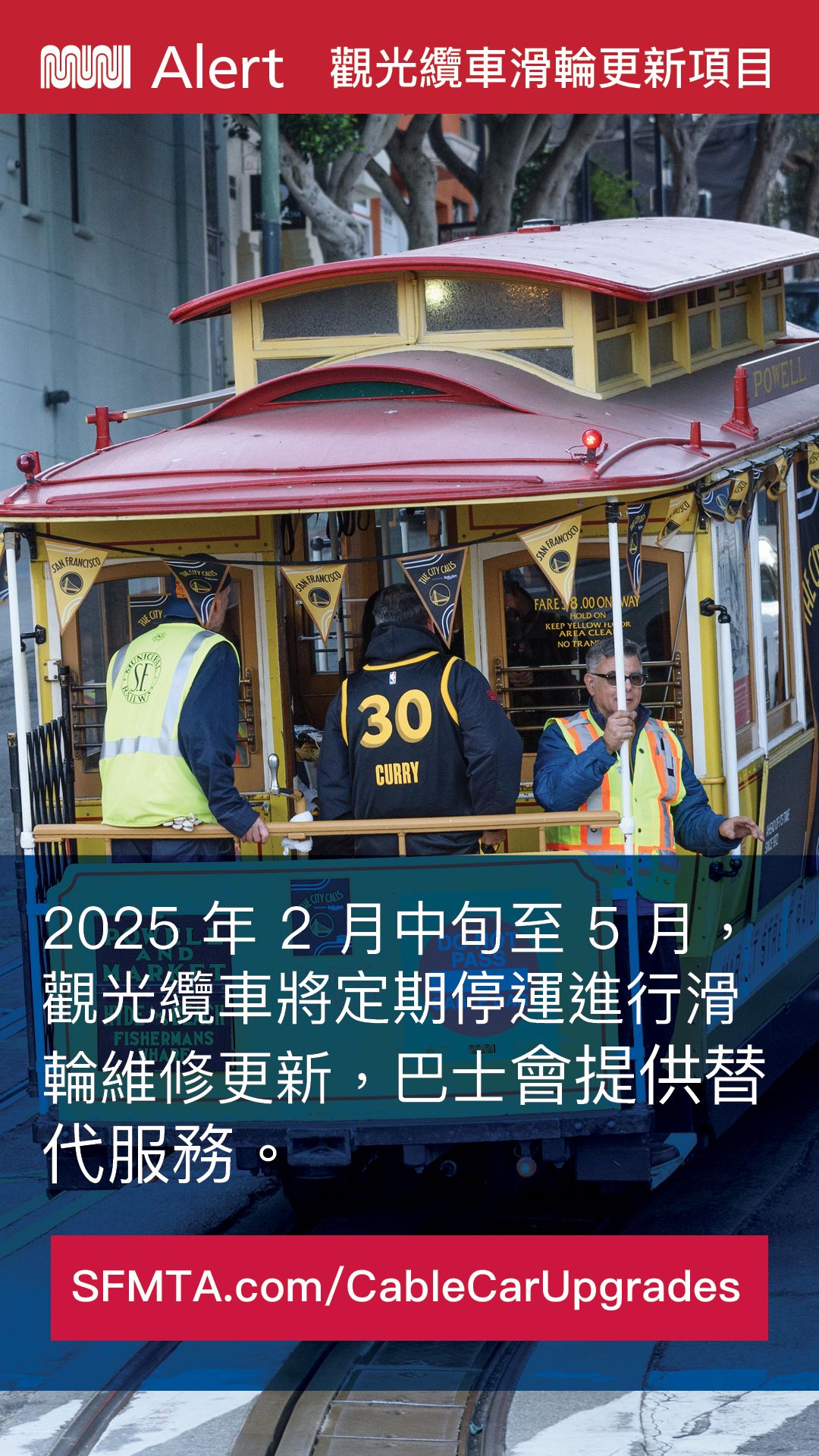Opinion : Will the Sheriff Save San Francisco?

San Francisco is grappling with a deepening crisis of rampant drug use and its associated problems that continue to plague the streets. In the face of ineffective policies and a lack of decisive action, one figure has emerged as a beacon of hope: Sheriff Paul Miyamoto. With a resolute plan to confront the issue head-on, the sheriff is determined to save San Francisco from the clutches of addiction and restore safety to its neighborhoods.
In recent times, Mayor London Breed's strategies to combat drug use and related crimes have fallen short, leaving many citizens disillusioned and desperate for change. However, Sheriff Miyamoto’s approach offers a glimmer of hope. Recognizing the urgency of the situation, he has announced a plan to deploy an additional 130 deputies to the troubled neighborhoods of the Tenderloin and South of Market (SoMa), where drug-related activities have reached alarming levels.
The sheriff’s proposal demonstrates a stark contrast to the lackluster efforts of the city’s leadership. While Mayor Breed has acknowledged the need for force in addressing drug use, her actions have failed to match her words.
In contrast, Sheriff Miyamoto’s plan sends a clear message: San Francisco’s law enforcement is stepping up to take decisive action where others have faltered.
Sheriff Miyamoto understands that arresting individuals struggling with drug addiction is not a solution in itself. However, he also recognizes that intervention, even through incarceration, can be a critical gateway to the help these individuals desperately need.
By increasing arrests for drug sellers and those using drugs in public, particularly those posing a threat to themselves or others, the Sheriff’s Office aims to disrupt the cycle of addiction and create opportunities for drug abstinence and rehabilitation.
The commitment of Sheriff Miyamoto and his team extends beyond enforcement alone. They understand that compassion and support are essential in addressing the underlying causes of drug addiction. The deployment of additional deputies is not merely about cracking down on crime; it is about reclaiming communities and offering individuals struggling with addiction a chance for recovery and a life free from drugs.
While some may criticize this approach as a return to failed policies of the past, it is important to recognize the unique circumstances of San Francisco’s drug crisis. Public health experts have long advocated for harm reduction strategies, but the severity of the situation necessitates a broader approach.
Sheriff Miyamoto’s plan recognizes the need for drug abstinence, as well as access to treatment and support services. It seeks to strike a balance between accountability and compassion, offering individuals struggling with addiction a chance for recovery and a life free from drugs.
While some may criticize this approach as a return to failed policies of the past, it is important to recognize the unique circumstances of San Francisco’s drug crisis. Public health experts have long advocated for harm reduction strategies, but the severity of the situation necessitates a broader approach.
Sheriff Miyamoto’s plan recognizes the need for drug abstinence, as well as access to treatment and support services. It seeks to strike a balance between accountability and compassion, offering individuals struggling with addiction a path towards
lasting recovery.
In this critical moment, the success of Sheriff Miyamoto’s plan relies not only on the dedication and expertise of law enforcement, but also on the support and collaboration of the community and elected officials.
While the sheriff takes decisive action, Mayor Breed and other city leaders must step up to provide the necessary resources and support. The failures of the past have demonstrated the consequences of inaction and inadequate measures.
San Francisco stands at a crossroads, where the trajectory of its drug crisis could either worsen or be reversed. With Sheriff Miyamoto leading the charge, there is a glimmer of hope that the city can reclaim its streets and offer a path to recovery for those struggling with addiction. The Sheriff’s commitment to community protection and his comprehensive approach should serve as an inspiration for others.
In the face of this ongoing crisis, it is imperative that San Francisco unites behind the Sheriff’s Office and provides the necessary backing to ensure its success.
By standing together, we can send a powerful message that the status quo is unacceptable and that we demand real solutions. Let us rally behind Sheriff Miyamoto’s plan and work towards a drug-free future for San Francisco, where safety and well-being are restored to our cherished neighborhoods.
Note: Ken Lomba is the President of San Francisco Deputy Sheriffs’ Association (SFDSA) since 2018. SFDSA founded in 1952 is the labor union representing 750 deputy sheriffs and senior sheriffs who comprise the majority of the San Francisco Sheriff’s Department.
- In a 52-2 vote, Chinese American Democratic Club endorses to recall Supervisor Engardio as a result of passage of Proposition K
- An amnesty program in San Francisco is back through July 1, 2025 to legalize existing awnings
- Opinion: Political betrayal warrants recall
- Do empty yellow loading zones best serve the San Francisco Chinatown community?
- T&T Supermarket, largest Asian grocery chain in Canada, announces to open at San Francisco City Center on Geary Blvd. in winter 2026
- (Breaking news: Charlene Wang wins in the Oakland's special election) Charlene Wang runs for Oakland District 2 Councilmember on April 15, 2025 to represent Oakland Chinatown
- Mayor Lurie announces plans to support small businesses including First Year Free program waiving fees for new businesses
- 12 speed safety camera systems out of 33 begin to operate in San Francisco by first issuing warnings instead of citations for 60 days






